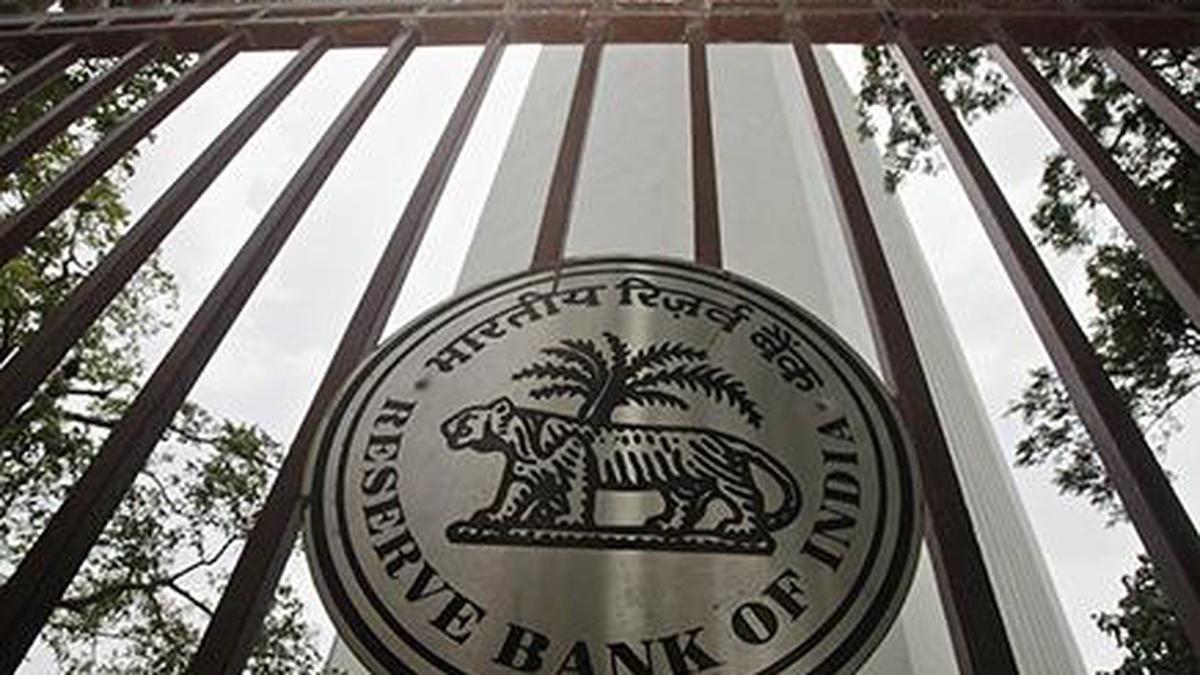Decoding IRDAI’s Corporate Governance Framework: Compliance Guidelines for Insurance Companies
Introduction
The Insurance Regulatory and Development Authority of India’s (IRDAI) Master Circular on Corporate Governance establishes a comprehensive framework governing the leadership, oversight, and internal control mechanisms of insurance companies. This regulatory framework ensures that insurers operate with integrity, transparency, and accountability to protect policyholder interests and maintain financial stability.
What is the Corporate Governance Framework for Insurers?
IRDAI’s Corporate Governance Framework outlines the structure, roles, responsibilities, and processes that insurance companies must implement to ensure ethical management, effective risk oversight, and fair treatment of stakeholders. It covers board composition, committee structures, senior management responsibilities, and internal control requirements tailored to the unique characteristics of insurance businesses.
Why is Corporate Governance Regulation Required for Insurers?
- Protects policyholders through proper risk management and oversight
- Ensures prudent investment of policyholder funds
- Aligns management interests with long-term company stability
- Prevents conflicts of interest in insurance operations
- Establishes accountability at all organizational levels
Key Requirements Under the Corporate Governance Framework
Board Structure and Composition
- Minimum and maximum number of directors
- Independent director requirements (at least one-third of total)
- Fit and proper criteria for directors
- Minimum quarterly board meeting frequency
- Tenure limitations for directors
Board Committees
- Mandatory committees (Investment, Audit, Risk Management, Policyholder Protection, Nomination & Remuneration)
- Committee composition requirements
- Specific responsibilities for each committee
- Reporting mechanisms to the board
- Meeting frequency requirements
Key Management Persons
- Appointment and approval process
- Qualification requirements
- Roles and responsibilities
- Performance evaluation framework
- Succession planning requirements
Risk Management and Internal Controls
- Enterprise Risk Management framework
- Internal audit function requirements
- Compliance function establishment
- Actuarial function responsibilities
- Internal control adequacy assessment
Disclosure and Transparency
- Public disclosure requirements
- Regulatory reporting obligations
- Related party transaction disclosures
- Remuneration policy transparency
- Corporate governance report in annual reports
Policyholder Protection Measures
- Ombudsman engagement requirements
- Claims review committee
- Unclaimed amounts management
- Grievance redressal procedures
- Treating customers fairly principles
Applicability Based on Insurer Type
Life Insurance Companies
- Enhanced investment committee requirements
- Participating policyholders’ interests protection
- Bonus distribution oversight
- Linked fund management governance
- Long-term solvency management
General Insurance Companies
- Underwriting committee requirements
- Reinsurance program oversight
- Catastrophe risk management
- Large risk exposure monitoring
- Short-term solvency management
Health Insurance Companies
- Medical advisory committee
- Hospital network management
- Claim settlement oversight
- Product design governance
- Third-party administrator oversight
Reinsurance Companies
- Specialized risk assessment committees
- International regulatory compliance
- Retrocession oversight
- Global exposure management
- Cross-border regulatory coordination
Penalties for Non-Compliance
- Monetary penalties up to ₹1 crore
- Removal of directors or key management persons
- Appointment of additional directors by IRDAI
- Business restrictions or license suspension
- Public disclosure of non-compliance
Recent Updates and Amendments
- Stewardship code implementation
- Enhanced related party transaction oversight
- Whistleblower policy requirements
- Board effectiveness evaluation framework
- ESG governance integration
Industry Best Practices
- Balanced representation of skills on the board
- Technology governance frameworks
- Independent expert advisory panels
- Stakeholder engagement mechanisms
- Comprehensive director onboarding programs
Conclusion
IRDAI’s Corporate Governance Framework continues to evolve to address emerging risks and market developments in the insurance sector. Insurers that embrace these regulations as an opportunity to build robust governance structures rather than viewing them as compliance burdens will be better positioned to make sound business decisions, maintain stakeholder trust, and contribute to the sustainable growth of India’s insurance market.














